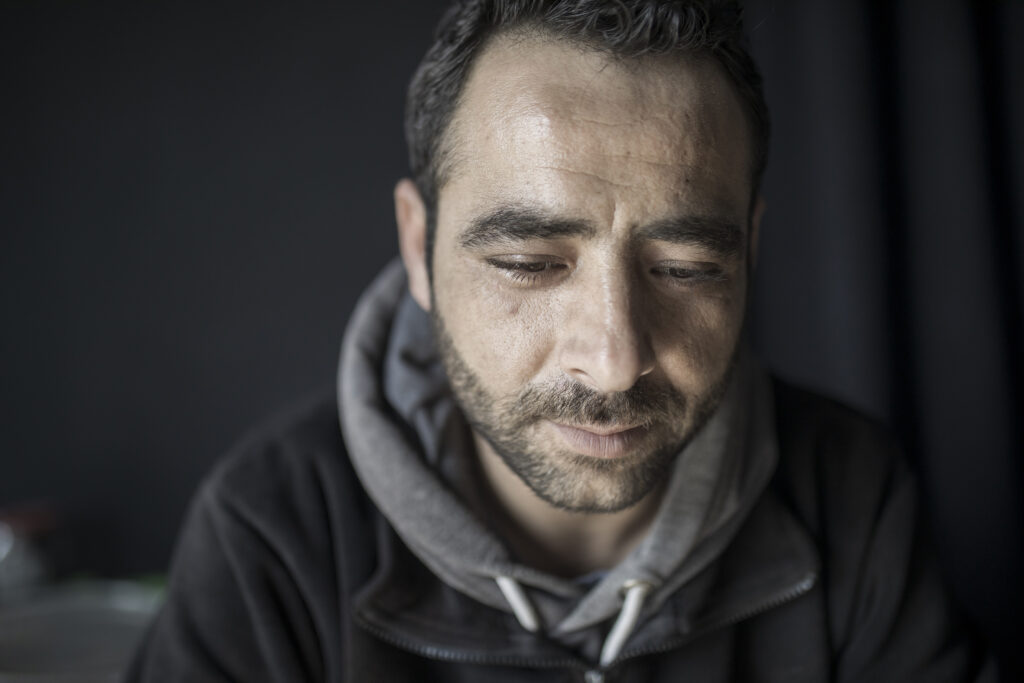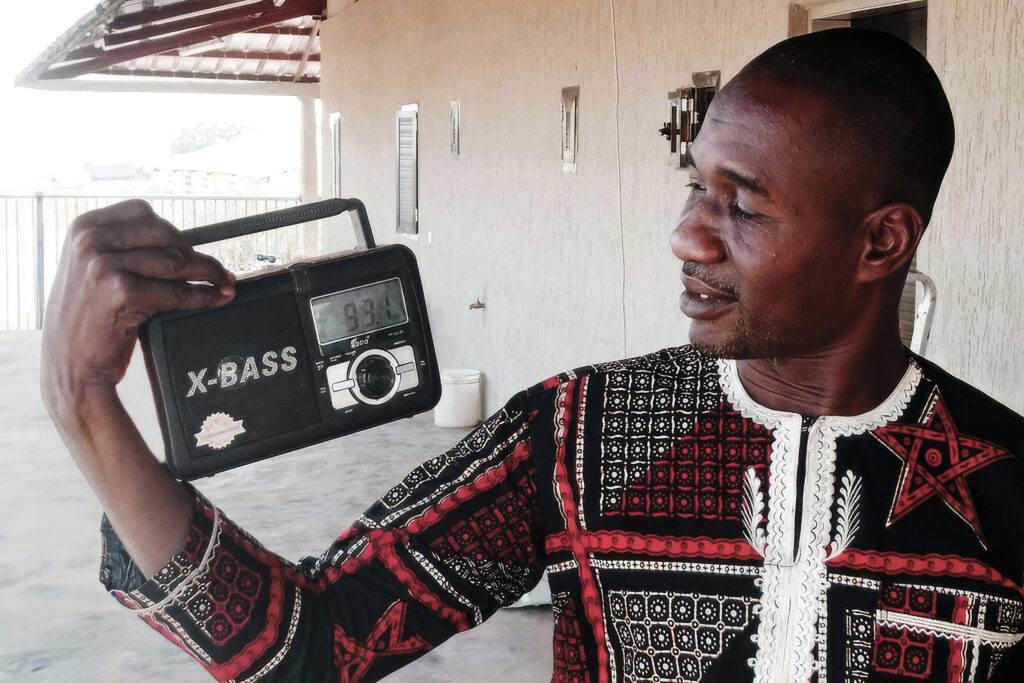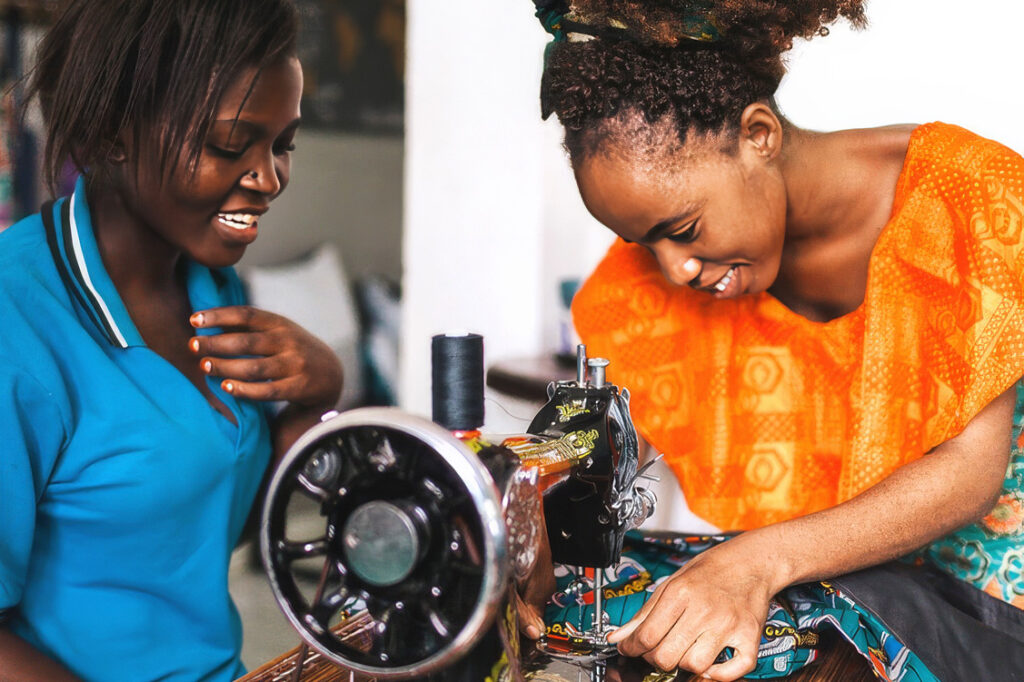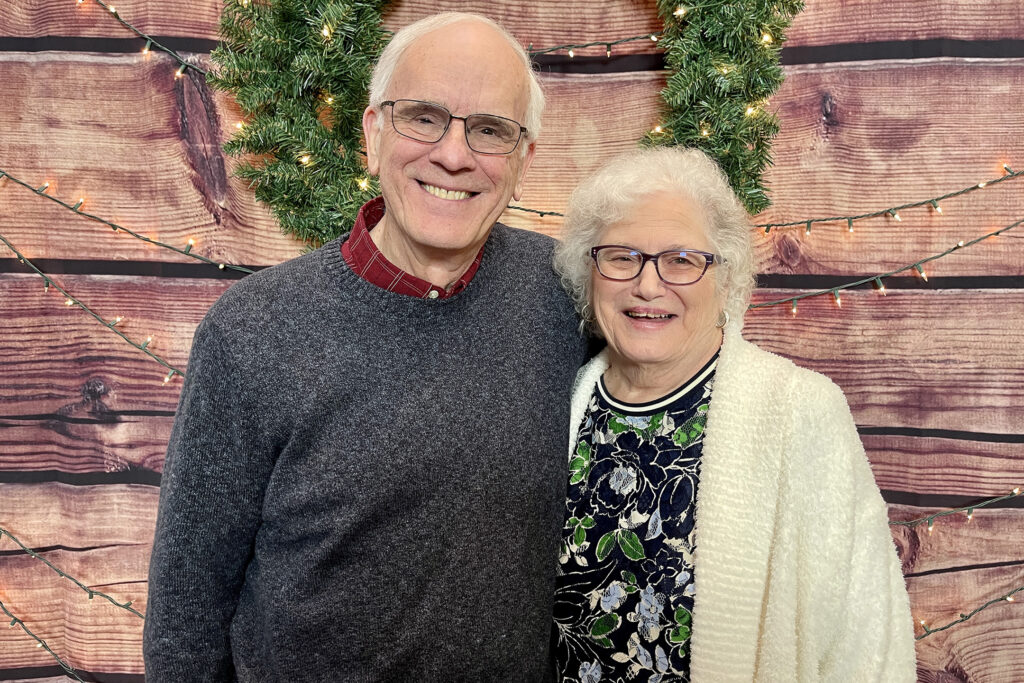ABWE has connected with several Afghan Christian families through Live Global and EveryEthne missionaries. Through the Afghan Initiative, these families are being rescued from life-threatening situations and relocated to cities in the US, where they will remobilize to share the gospel with unreached Afghan communities.
Each of these families turned from Islam to Christ and have faithfully served in underground churches even through persecution. Their stories testify of God’s power.
Dangerous Questions
For the first two decades of his life, Awad’s identity was defined by Islam.
Each time the azaan sounded from the loudspeakers of the local mosque, calling the community to their five daily prayers, Awad spread his prayer mat toward Mecca and raised his hands, declaring the greatness of Allah. Awad’s devotion stood out—even in fundamentalist Afghanistan.
When Awad began university studies in a larger city, he found himself surrounded by new ideas. His friends in the dorm shared perspectives from different regions of Afghanistan. Intrigued, he spent his free hours immersed in books on a wide range of subjects.
In his new city, Awad was no longer sheltered from the iron hand of extremism. He witnessed near-constant brutalities committed in the streets by those claiming to uphold true Islam. Reports came that in the rural provinces, the Taliban stoned women for perceived crimes without evidence. Girls were prohibited from attending school.
Then, one tragic day, two of Awad’s best friends were killed in a suicide bombing.
Awad was filled with grief and plagued with questions. How can people so brutal think they are going to heaven? Does Allah truly accept violence and killing? Why are women not equal to men in our country when Allah created them both?
He took his questions to the mullahs at the mosque—but none of these religious leaders could provide any answers.
After finishing university, Awad remained in the city to work. The more he immersed himself in his business, the more corruption he exposed in Afghan society. His questions only increased. Disillusioned, Awad returned to his hometown.
As he settled into life with his family, Awad’s brother-in-law invited him to help distribute aid to impoverished families. He and Awad’s sister, Farzana, were involved in community development through a food bank and educational center for young girls. As Awad joined them, he observed how lovingly they treated those around them, and how they had begun praying before meals. Awad’s sister, in turn, noticed his tormented thoughts and growing apathy toward Islam, no longer participating in daily prayers.
One day as they worked, she asked him, “If you could choose any religion to follow, what would you choose?” Awad answered bitterly, “I don’t want any religion.”
Turning toward him, Farzana explained, “To bring peace to your mind and heart, you need to worship your creator. The peace you are searching for comes from a true relationship with God, and nothing else.”
Awad later heard Farzana discussing the Bible and praying for him in an online meeting. He confronted her angrily: “Why are you talking about Christianity?”
Despite his discomfort, that night he began thinking. Pulling out his computer, he searched for answers about Christianity and secretly began watching Christian videos produced in a neighboring country. Awad didn’t want to endanger his family—living, after all, in a 99.8 percent Muslim country in which many who were deemed apostates had been killed.
Farzana and her husband Ghulam invited him to join an underground church meeting, where the believers gave him a Bible. For the first time, Awad realized he could choose for himself what to believe. With each chapter of the Bible he read, he discovered answers to his questions. He was fascinated to find that Christians prayed for their enemies and treated men and women as equals.
After a few months of patient guiding from Farzana, Ghulam, and an underground church leader, Awad publicly placed his trust in Christ and was baptized.
“I started feeling safe and free in Jesus and had peace,” he proclaimed.
When the Taliban regained control of Afghanistan in August 2021, Awad was growing in his faith at the underground church led by Ghulam and Farzana. Before Taliban forces even reached their city, word came that their church had been betrayed by an informant.
“Taliban members were checking our church alley every day,” Ghulam reported. “We were living in constant fear not knowing when the Taliban were going to find all of us.”
Awad and his sister’s family were forced to flee. They eventually reached a refugee camp, where they awaited visas to relocate to North America. Their difficult circumstances did not change their passion for sharing the gospel with fellow Afghans.
“I want to help people, and if I cannot help, I want to pray for them. I want to share the gospel any way I can,” explained Awad.
‘Show Me the Truth’

Nasima’s husband had just announced that he intended to marry a second wife—his divine right as a Muslim man in Afghanistan.
Life had brought nothing but disappointment for Nasima. As a girl born into a strict Islamic family, she was forbidden from attending school. The only activity she was permitted outside household chores was to go to the mosque and listen to the Qur’an—provided she kept her hijab wrapped tightly around her head to conceal her face.
When Nasima was still a teenager, her parents arranged to marry her to Mahmoud. In accordance with Afghan custom, she moved into her in-laws’ home, where she lived as a servant without rights. The family elders advised Mahmoud and Nasima to have as many children as possible to submit to Allah’s command and increase the followers of the prophet Muhammad.
Nasima gave birth to five children—but after suffering complications from multiple pregnancies in quick succession, her health was compromised. Already weakened physically, her distress increased when Mahmoud decided he wanted additional wives.
Kept hidden from Nasima was the internal struggle growing within Mahmoud. He loved Nasima, and seeing her incapacitated stirred up anger at the mullahs, his family, and Islam itself that commanded her to continue having children.
While Mahmoud was fasting during the month of Ramadan, he became ill and took medicine to relieve the pain. The mullah angrily informed Mahmoud that he had sinned by breaking the fast and would need to fast another 60 days to fulfill his obligation. Mahmoud began to doubt: Surely God is not this cruel.
Determined to seek the true God, Mahmoud remembered seeing the name of Christ in the Qur’an and decided to learn about Christianity. Kneeling on the floor, he cried out, “God, show me the truth!”
When Ramadan ended, he searched Facebook to find a Christian. He got in touch with a man in the underground church who gave him a Bible and generously answered all his questions. “I read the Bible for four months and found the true and living God in Christianity,” Mahmoud shared.
Nasima immediately noticed a change in her husband’s behavior. He discarded his plans for polygamy and apologized for his hurtful actions in the past. His life became full of mercy, love, and encouragement. Curious about this radical change, Nasima asked him for the reason.
“Christ changed my behavior,” he replied.
Mahmoud shared the gospel with Nasima and introduced her to a Christian woman who communicated with her online. Soon, Nasima also trusted Christ. Her disappointment in life was replaced with great joy. Embracing their new freedom in Christ, Mahmoud allowed Nasima to attend literacy classes, and she became the first female in her family able to read.
Mahmoud’s extended family also noticed this change in behavior—and grew suspicious. One day, Mahmoud’s sister snuck into his room and found his Bible. Furious, Mahmoud’s family began forcibly dragging him to the mosque for prayer. They continually monitored his actions. Mahmoud and Nasima were forced to flee to a different city—but even there, they had to move often from house to house as neighbors discovered their Christian beliefs and threatened their lives.
“We became known as Christians in our society. We are afraid of the Taliban, our relatives, and the community in which we lived, because no matter which corner of Afghanistan we hide in, they will find us and kill us,” Mahmoud explained. “They would kill us because if you kill apostates in Islam, you receive a reward in paradise.”
Despite persecution, Mahmoud and Nasima desire to serve the Lord. “I love to evangelize and disciple my people,” said Mahmoud. “Jesus says to reach all the nations, and I want to do that too!”
A New Calling
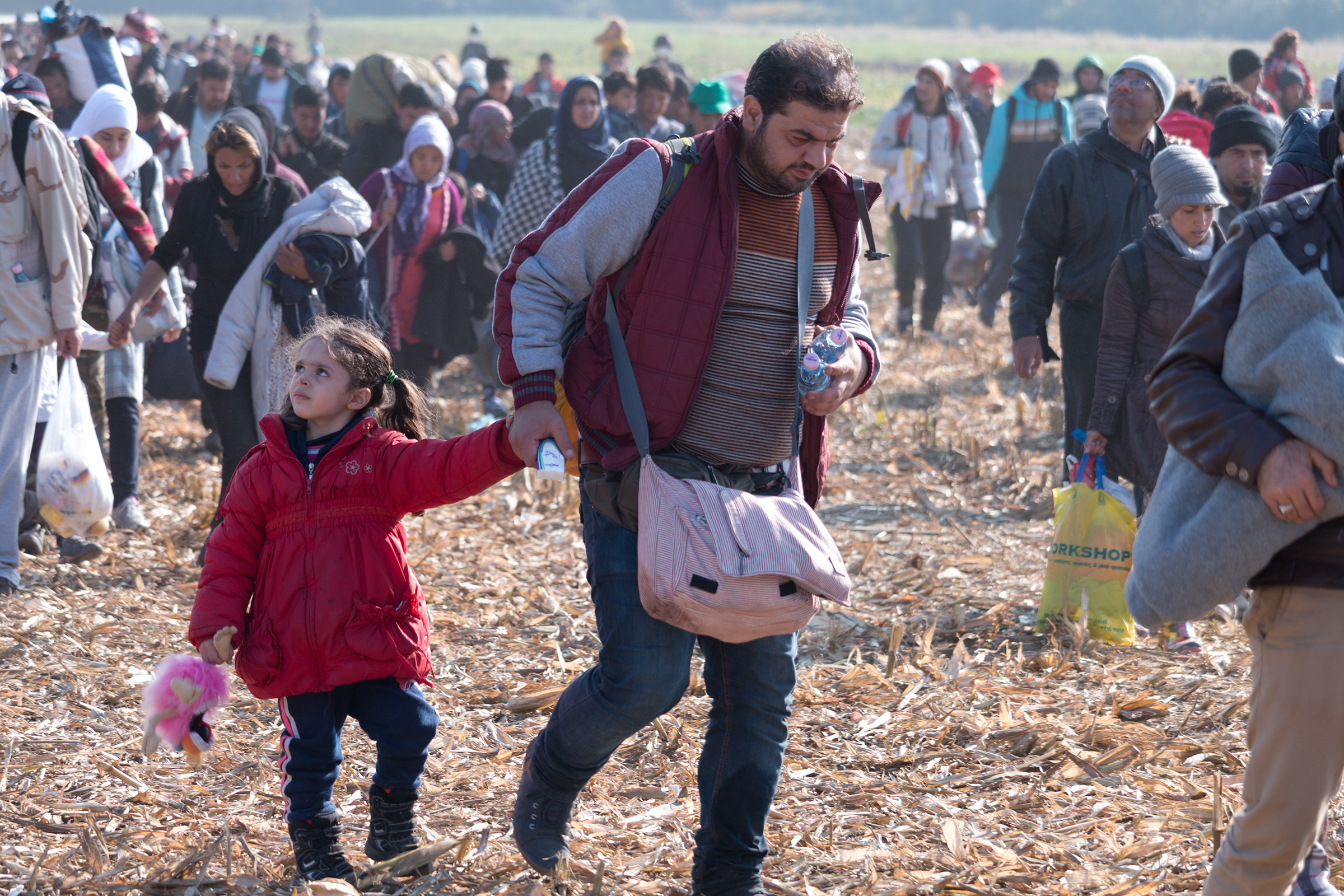
When Afghanistan fell to the Taliban in August 2021, these members of the underground church were placed in grave danger.
As the Taliban hunted Christians, these believers were forced to flee their country. Providentially, ABWE was able to connect with several families—including Awad, Ghulam and Farzana, and Mahmoud and Nasima—and is excited to provide a pathway for them to continue serving Christ here in the US.
Through the Afghan Initiative, these families will be strategically relocated to cities in the US with significant Afghan populations so they can reach the lost for Christ. Serving in their own languages and cultures, these Afghan believers will be able to relate to fellow refugees in ways American missionaries cannot.
“This has been my desire and dream, that God would bring a strong organization so I can serve and learn more [about] Christ to serve other believers,” said another Afghan believer associated with the cohort. “I have prayed for this day for many years, and I know God is answering that prayer.”
These Afghan believers have remained faithful through persecution and danger. Please join us in praying for the families in the Afghan Initiative as they begin their new ministries in the US—and that many more Muslims will be drawn to know the true God.

Partner with the Afghan Initiative and help these Afghan Christians begin their new ministry serving unreached Afghan communities in the US.
